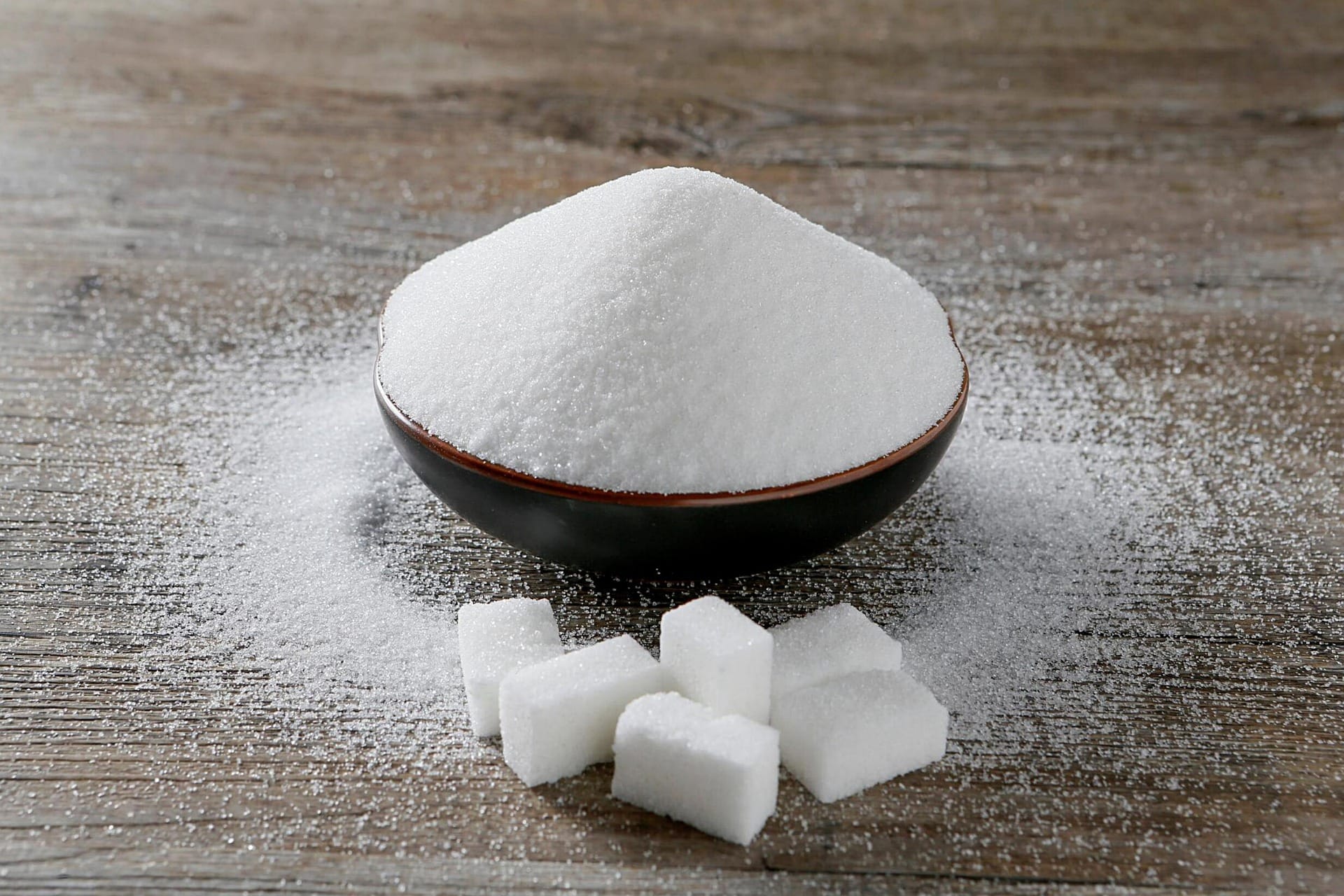In a significant development in nutritional science, a major sugar substitute has been found to negatively affect the function of blood vessel cells within the brain, raising concerns regarding its potential role in increasing stroke risk. This revelation emerges from recent research that explores the complex interplay between artificial sweeteners and neurological health, shedding light on an often-overlooked aspect of dietary choices.
Researchers have long examined the implications of artificial sweeteners on various health outcomes, from weight management to metabolic disorders. However, the focus has increasingly shifted toward their neurological effects, particularly as these substitutes become more prevalent in diets worldwide. With many consumers turning to sugar alternatives in an effort to reduce caloric intake or manage blood sugar levels, understanding the broader health implications is crucial.
The recent study, conducted by a team of scientists at a renowned university, examined the specific effects of a widely used sugar substitute on brain endothelial cells. These cells form the blood-brain barrier, a critical structure that regulates the movement of substances between the bloodstream and the brain. Maintaining the integrity of the blood-brain barrier is essential for protecting the brain from harmful substances and ensuring proper neural function.
In laboratory experiments, the researchers exposed brain endothelial cells to varying concentrations of the sugar substitute. Their findings indicated that even moderate doses could impair the function of these cells, leading to increased permeability of the blood-brain barrier. This compromised barrier may allow harmful substances to enter the brain, which could contribute to inflammatory processes and neuronal damage over time.
Moreover, the study drew connections between the observed cellular impairment and an elevated risk of stroke. Previous research has established that dysfunction in the endothelial cells can lead to vascular conditions such as hypertension and atherosclerosis, both of which are significant risk factors for stroke. The correlation between impaired brain blood vessel function and stroke risk underscores the critical nature of these findings.
While the results of this study are alarming, it is important to approach them with caution. The research is still in its early stages, and more extensive studies are necessary to determine the long-term effects of this sugar substitute on brain health in humans. Animal studies and clinical trials will be essential in further elucidating the mechanisms through which artificial sweeteners might contribute to neurological impairment or stroke risk.
The findings also invite questions regarding the safety of artificially sweetened products that have gained popularity in recent years. Consumers often gravitate toward these alternatives with the belief that they provide a healthier option compared to cane sugar. The consumer perception is that these substitutes can aid in weight loss and blood sugar control, but the emerging research prompts a re-examination of these assumptions.
Public health recommendations typically advocate for moderation when it comes to dietary sugar, including the consumption of artificial sweeteners. This new research underscores the importance of being informed about the potential risks associated with these substitutes. As awareness grows, individuals may wish to evaluate their own diets and consider alternatives that might pose fewer risks to their health.
Healthcare professionals are encouraged to stay updated on the evolving landscape of research regarding sugar substitutes, as these findings might influence dietary recommendations in the future. Educating patients about the potential risks and benefits associated with different sweeteners can facilitate more informed decision-making in dietary choices.
In conclusion, the discovery of a common sugar substitute’s detrimental effects on brain blood vessel cell function highlights a critical area of concern in nutritional and neurological research. The potential link to increased stroke risk calls for further investigation and emphasizes the need for cautious consumption of artificial sweeteners. As research progresses, it will be essential to clarify the long-term implications for public health and individual dietary practices. Until more conclusive evidence emerges, consumers should consider their choices carefully and remain informed about the potential risks associated with the sugar substitutes they consume.


